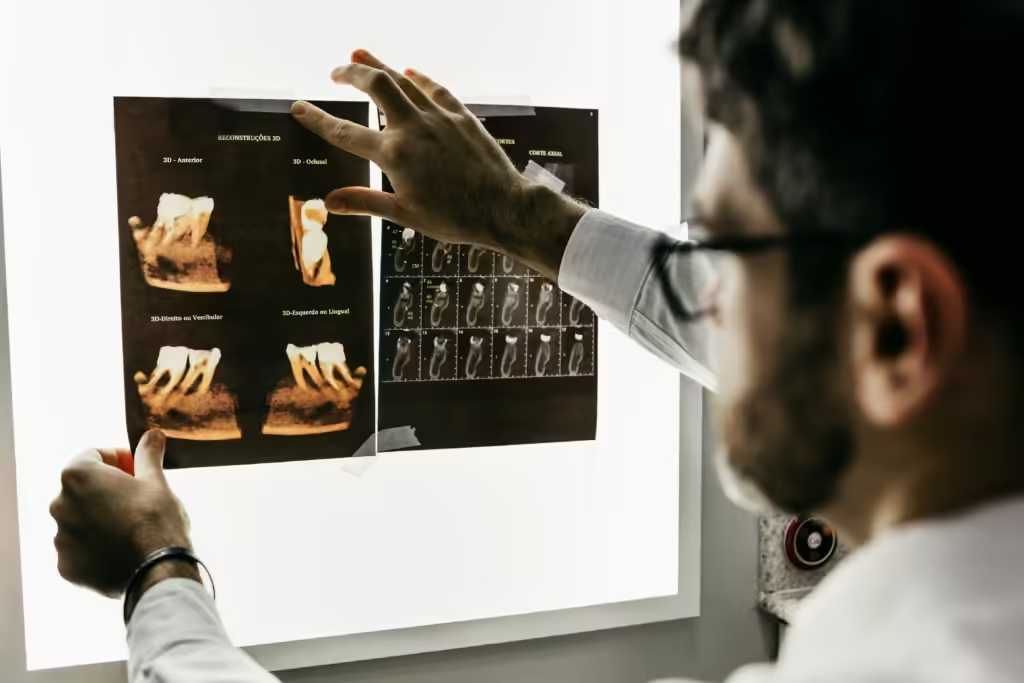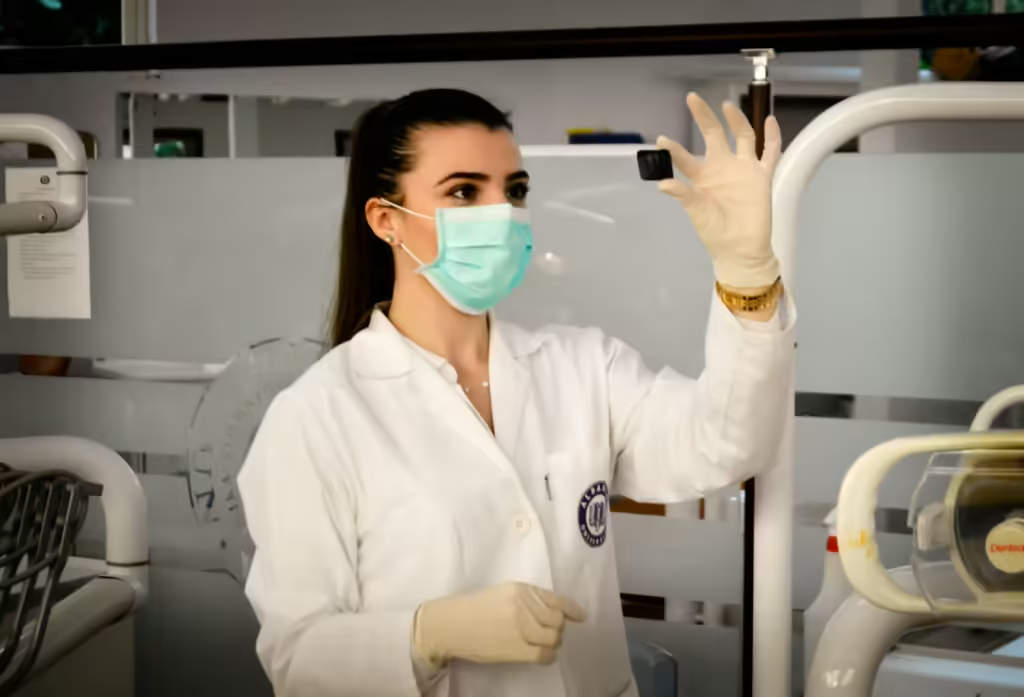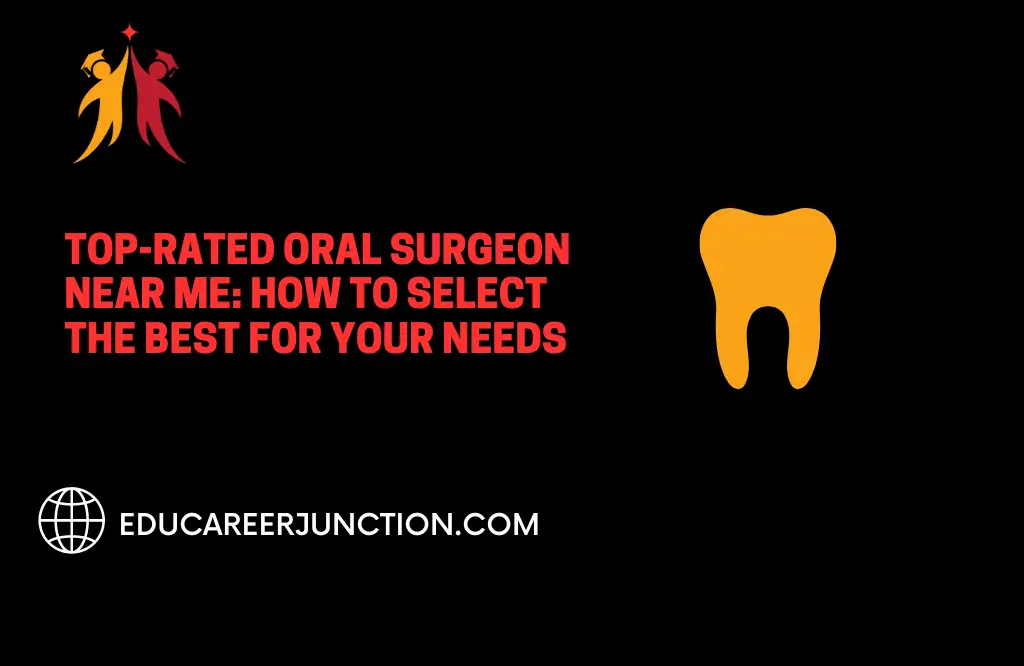What is an Oral Surgeon?
An oral surgeon, or an oral and maxillofacial surgeon, is a specialist trained in the diagnosis and treatment of a variety of dental, jaw, and facial conditions. While general dentists handle routine cleanings, fillings, and minor surgeries, oral surgeons are called in for more complex procedures that require surgical intervention.
Understanding the Role of an Oral Surgeon
Oral surgeons are experts in the surgical treatment of oral and facial conditions. They handle everything from routine procedures like wisdom teeth extraction to intricate surgeries involving reconstructive facial work. These specialists work in tandem with your general dentist to ensure comprehensive care.
Training and Qualifications
Becoming an oral surgeon requires extensive education and training. After completing dental school, an aspiring oral surgeon undergoes four to six additional years of surgical residency, specializing in oral and maxillofacial surgery. Board certification is another crucial credential, signifying that the surgeon has passed rigorous exams and maintains high standards in their practice.
Types of Procedures Performed by Oral Surgeons
Oral surgeons handle a variety of procedures, including but not limited to:
- Wisdom teeth removal
- Corrective jaw surgery (orthognathic surgery)
- Dental implants
- Cleft lip and palate repair
- Treatment for facial injuries and trauma
- Surgical treatment for sleep apnea
Why You Might Need an Oral Surgeon
Your dentist might refer you to an oral surgeon if you have a condition that requires surgical intervention. Common reasons include impacted wisdom teeth, missing teeth that need implants, or jaw alignment issues that affect your bite and speech.
Common Dental Conditions Requiring an Oral Surgeon
Wisdom Teeth Removal
One of the most common procedures oral surgeons perform is wisdom teeth extraction. When these teeth become impacted, they can cause pain, infection, and even damage to neighboring teeth, requiring surgical removal.
Dental Implants

For patients missing one or more teeth, dental implants offer a permanent solution. Oral surgeons specialize in placing these implants, which serve as a foundation for artificial teeth.
Jaw Surgery
If you have problems with your bite, jaw alignment, or suffer from conditions like temporomandibular joint disorder (TMJ), an oral surgeon may perform corrective jaw surgery to realign your jaw.
Facial Trauma
Oral surgeons are also skilled in repairing injuries caused by accidents. This includes fractures of the jaw, cheekbones, and other facial bones, as well as soft tissue injuries like lacerations.
How to Find the Best Oral Surgeon Near Me
Finding a top-rated oral surgeon near me is not a task to take lightly. A successful surgery requires skill, experience, and proper care, so it’s essential to choose the right specialist for your needs.
Searching for Top-Rated Oral Surgeon Near Me
Start by searching for local oral surgeons. Google is an excellent tool for this, especially when you use search terms like “Oral Surgeon Near Me.” Online directories and medical websites often have reviews and ratings to help you identify top-rated professionals.
The Importance of Local Listings
Local listings in Google Maps or other online directories often provide a wealth of information, including reviews, business hours, and contact details. These can give you a sense of which oral surgeon near me are highly regarded in your area.
Using Online Reviews and Ratings
Online reviews from previous patients are invaluable in helping you assess the quality of care. Look for consistent positive feedback about a surgeon’s professionalism, skills, and patient care.
What to Look for in an Oral Surgeon
Several key factors can help you determine whether an oral surgeon is the right fit for you. You’ll want to look at qualifications, experience, and the quality of the facility where the surgeon practices.
Board Certification and Licensure
Make sure your oral surgeon is board-certified and holds a valid license to practice in your state or region. This certification ensures the surgeon meets the required standards and is up to date with the latest techniques and practices.
Experience and Specialization

Not all oral surgeons specialize in the same procedures, so it’s important to find one who has significant experience in the specific type of surgery you need. Whether it’s dental implants or corrective jaw surgery, look for a specialist with a strong track record in that area.
Facility Quality and Technology
State-of-the-art technology can significantly improve the outcome of your surgery. Inquire about the facility’s equipment and whether they use advanced imaging technology, laser tools, and other modern surgical aids.
Questions to Ask During Your Consultation
Once you’ve shortlisted a few potential oral surgeon near me, it’s time to schedule a consultation. This is your opportunity to assess whether the surgeon is the right fit for you.
Assessing the Surgeon’s Communication Style
Good communication is critical in healthcare, and it’s no different when choosing an oral surgeon. During your consultation, take note of how the surgeon explains your condition and treatment options. Do they take the time to answer your questions thoroughly?
Transparency in Treatment Plans
The best oral surgeons are transparent about their treatment plans. They should clearly explain the risks, benefits, and expected outcomes of your surgery. Additionally, they should inform you about the steps involved in your recovery.
Follow-up Care and Aftercare Policies
Ask about the aftercare and follow-up policies. Proper aftercare is vital to ensure a smooth recovery, so find out what kind of support the surgeon offers post-surgery.
Cost and Insurance Coverage
Oral surgery can be expensive, so it’s important to discuss the costs upfront. Make sure you understand the surgeon’s fee structure and what your insurance will cover.
Understanding Fees and Payment Options
oral surgeon near me typically charge based on the complexity of the procedure. Be sure to ask about any additional fees, such as for anesthesia or post-operative care, and inquire about payment options if you’re not fully covered by insurance.
Insurance Acceptance and Coverage
Before committing, confirm whether the oral surgeon accepts your insurance. Understanding the extent of your coverage will help you avoid any unexpected bills.
Benefits of Choosing a Top-Rated Oral Surgeon
Selecting a top-rated oral surgeon can make a significant difference in your overall experience and surgical outcome. High-quality care reduces the risk of complications and ensures a smoother recovery.
Better Outcomes and Reduced Risk
Top-rated oral surgeons tend to have a higher success rate in complex procedures, leading to better long-term outcomes. Their experience and expertise minimize the risk of complications during and after surgery.
Advanced Techniques and Equipment

Top-rated oral surgeon near me often have access to the latest surgical techniques and advanced equipment, enhancing both the precision and safety of your procedure.
Comfort and Safety During Procedures
Choosing a reputable oral surgeon near me means you’re more likely to experience a smoother, more comfortable surgery. They are skilled in administering anesthesia, managing pain, and ensuring patient safety throughout the process.
Conclusion
Finding the right oral surgeon near me doesn’t have to be a daunting task. By understanding what to look for and taking the time to research your options, you can select a top-rated professional who will provide the care you need. From experience and qualifications to communication and facility quality, the right surgeon will give you confidence and peace of mind as you undergo treatment.
FAQs
How long is the recovery after oral surgery?
Recovery times vary depending on the procedure. For minor surgeries like wisdom teeth extraction, recovery usually takes a few days to a week. For more complex procedures, recovery can take several weeks.
What should I bring to my first appointment with an oral surgeon near me?
Bring your dental records, X-rays, a list of medications you’re taking, and any referral paperwork from your general dentist. Also, bring your insurance information and a list of questions you want to ask.
Are there any risks associated with oral surgery?
Like any surgery, oral surgery carries some risks, including infection, nerve damage, and prolonged swelling. However, choosing a skilled oral surgeon can significantly reduce these risks.
How do I know if my insurance covers oral surgery?
Check with your insurance provider or ask the oral surgeon’s office for assistance. They can help you determine what portion of the procedure will be covered by your insurance.
How can I ensure I’m choosing the best oral surgeon near me?
Look for board certification, read patient reviews, assess the surgeon’s experience in the specific procedure you need, and schedule a consultation to ask questions and gauge your comfort level with the surgeon.
also, if you want to explore more about MCAT do check out our article MCAT Registration 2024: Dates, Deadlines, and Fees – Everything You Need to Know
